In this blog post, I will explain the PMP certification requirements or eligibility criteria you need to meet to apply for the PMP certification exam.
However, before discussing the PMP certification exam requirements, let’s understand the PMP certification.
The PMP stands for Project Management Professional, a certification awarded by the Project Management Institute (PMI) USA to professionals who have passed the PMP certification exam. This is the most desirable and recognized certification worldwide in the project management industry.
Many employers have this certification as a prerequisite for jobs, and according to some surveys, PMP holders have, on average, 20% higher salaries than their counterparts. The growing importance of the PMP certification encourages professionals to take the exam.
Therefore, you must understand the PMP eligibility criteria to know if you can apply for the PMP exam.
Let’s get started.
PMP Certification Requirements
To apply for the PMP exam, you have to fulfill any of the three options covering the following eligibility requirements:
- Education
- Project Management Experience
- Project Management Education
Option-I
- Educational Background: Secondary degree (high school diploma, associate’s degree, or global equivalent).
- Project Management Experience: Minimum five years or 60 months of unique, non-overlapping professional project management experience.
- Project Management Education: 35 contact hours of formal education unless you are an active CAPM holder.
Option-II
- Educational Background: Four-year degree (bachelor’s degree or global equivalent).
- Project Management Experience: Minimum three years or 36 months of unique, non-overlapping professional project management experience.
- Project Management Education: 35 contact hours of formal education unless you are an active CAPM holder.
Option-III
- Educational Background: Bachelor’s or post-graduate degree from a GAC-accredited program (bachelor’s degree or master’s or global equivalent).
- Project Management Experience: Minimum two years or 24 months of unique, non-overlapping professional project management experience.
- Project Management Education: 35 contact hours of formal education unless you are an active CAPM holder.
PMP Requirement #1 – Education
A project manager must be educated. You must be able to create reports and plans and understand new concepts to make well-informed decisions.
You can apply for the PMP exam if you have at least a secondary degree (high school diploma, associate’s degree, or global equivalent).
PMP Requirement #2 – Project Management Experience
The project manager is an authoritative position; you have to be accountable for your actions. You must understand your responsibility and accountability and have managerial and leadership skills.
These qualities are necessary to complete the project with minimal obstruction.
The project management experience requirements vary according to the educational qualifications. The minimum experience is two years for a Bachelor’s or postgraduate degree. The maximum experience is five years for a diploma holder.
The project management experience should be non-overlapping, unique, and earned in the last five years.
Moreover, you should have this experience in all project domains, such as initiating, planning, executing, monitoring and controlling, and closing. If you lack experience in any process group, you cannot apply for the PMP certification exam.
PMP Requirement #3 – Project Management Education
This is the last eligibility condition. You must attend formal PMP training and earn 35 contact hours.
Your project management training requirement is waived if you are an active CAPM certification holder.
The PMP training will teach you project management concepts, tools, and techniques. This training should align with the latest version of the PMP Exam Content Outline.
Training providers use different mediums: online, live classes, hybrid, and virtual live classes. Online training programs are much cheaper than live classes.
If you are looking for a training program that can help you prepare for the PMP exam with minimal effort while providing you with a 35-contact-hours training certification, you can join the PM Sprout PMP Training Program to earn your contact hours.
This training is affordable and 100% online.
Click Here to Visit the Sprout PMP Training Program
Although you may be working in project management, the field is so vast that you may not understand all the tools and techniques. You might only know techniques used in your locality or organization.
Project management training will provide you with theoretical knowledge of all the tools and techniques to apply to your projects.
So, here is where this blog post on the PMP requirements ends.
Frequently Asked Questions
I have received many questions regarding the PMP eligibility requirements. I have clarified most queries on the PMP requirements here, but a few other queries require a separate place.
#1: I am Not a Project Manager. Can I Apply for the Exam?
Most professionals working in project management do not hold the title, so they are confused about their eligibility.
The PMI says, “You should have experience in leading and directing projects.”
This means the tasks, knowledge, and skills specified in the PMP Exam Content Outline. You can apply for the PMP exam if you are not a project manager but are working on a project while holding a different title.
A few professionals asked me if they could take the PMP exam without project experience.
Project management experience is a mandatory requirement to apply for the PMP exam. You cannot apply for the exam without working on projects.
#2: Only Registered Education Providers (REPs) or Authorized Training Providers (ATP) Can Provide the 35 Contact Hours of Training.
This is incorrect.
Many professionals do not know the methods of earning. There are seven ways to complete the training. These mediums are:
A. PMI Registered Education Providers (REPs).
B. PMI Authorized Training Partners (ATPs).
C. PMI chapters.
D. Employer/company-sponsored programs.
E. Training companies or consultants (e.g., training schools).
F. Distance-learning companies, including an end-of-course assessment.
G. University/college academic and continuing education programs.
The following do not satisfy the educational requirements:
- PMI chapter meetings
- Self-directed learning (e.g., reading books, watching instructional videos, or sessions with coaches or mentors).
So, you can get your training from any provider regardless of whether they are PMI-approved.
#3: The PMP Certificate is Only for IT Professionals.
I have received queries from visitors who wondered whether this certification could be obtained by someone working outside the IT industry.
The PMP certificate is industry-independent, and the project management principles provided in the PMBOK Guide apply to all industries. You can apply for the PMP exam if you are in project management.
#4: I am a Diploma Holder. Can I Apply for the PMP Exam?
Yes, of course.
#5: What if I am Not Eligible to Apply for the PMP Exam?
You can apply for the CAPM exam with at least a diploma without project experience. CAPM is a certification for entry-level professionals.
This certification does not require any project management experience. Once you attain enough experience, you can then apply for the PMP exam.
#6: I am a CAPM. Can I Apply for the PMP Exam?
You can apply for the PMP exam if you have the minimum project management experience. The PMI has relaxed the PMP training requirements for active CAPM certification holders who want to take the exam.
Summary
The PMP certification exam has three requirements: education, experience, and project management education. The minimum experience requirement is a diploma, and the experience changes as per the educational qualifications. Project management education is mandatory for all except those with active CAPM certification.
If you fulfill all PMP requirements, I recommend applying for the PMP certificationand becoming a PMP.
This is the second part of a series of five posts. The other blog posts are:
- What is the PMP Certification Exam?
- What are the PMP Eligibility Criteria? (You are here)
- What is the PMP Exam Application Process?
- How Expensive is the PMP Certification?
- What is the PMP Examination Structure?
The PMP Handbook, which is free on PMI’s website, contains all the information about the PMP certification exam.

I am Mohammad Fahad Usmani, B.E. PMP, PMI-RMP. I have been blogging on project management topics since 2011. To date, thousands of professionals have passed the PMP exam using my resources.

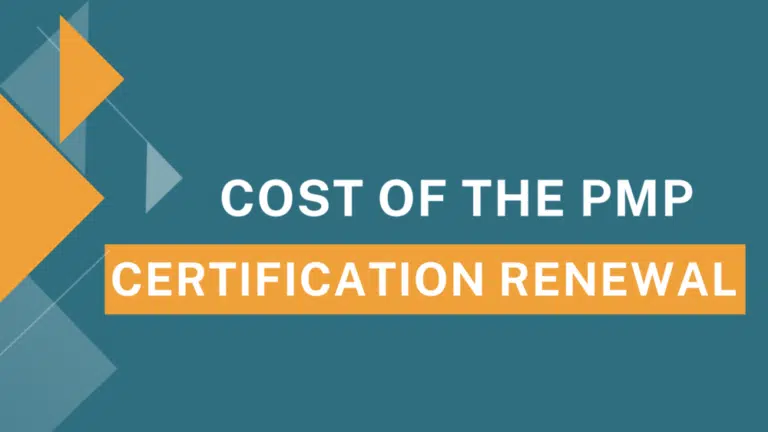
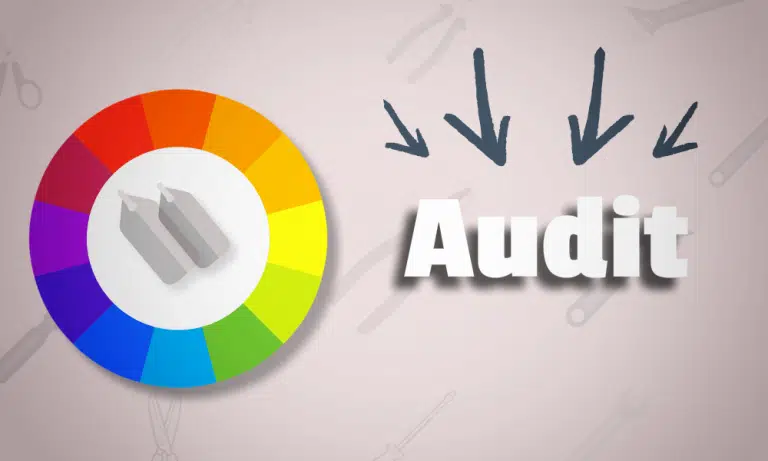
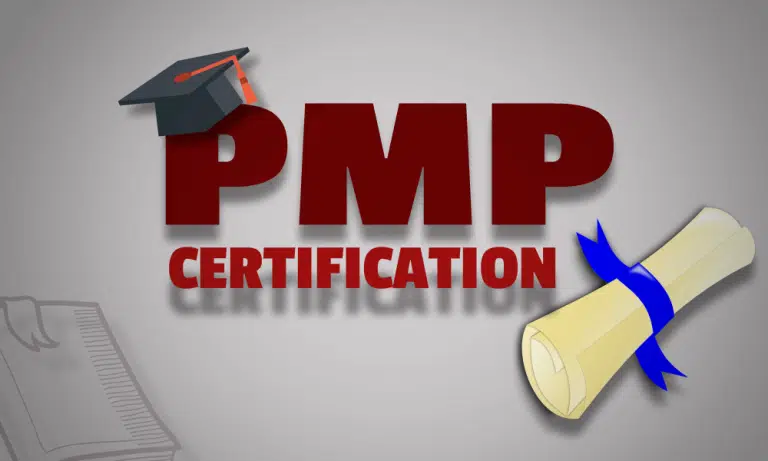
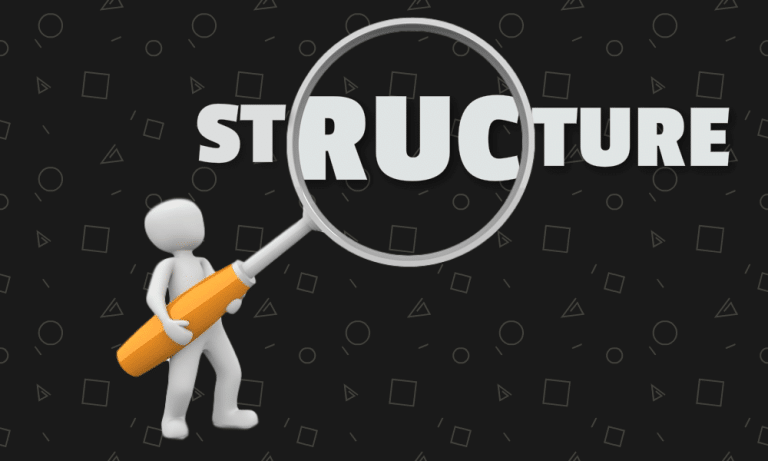

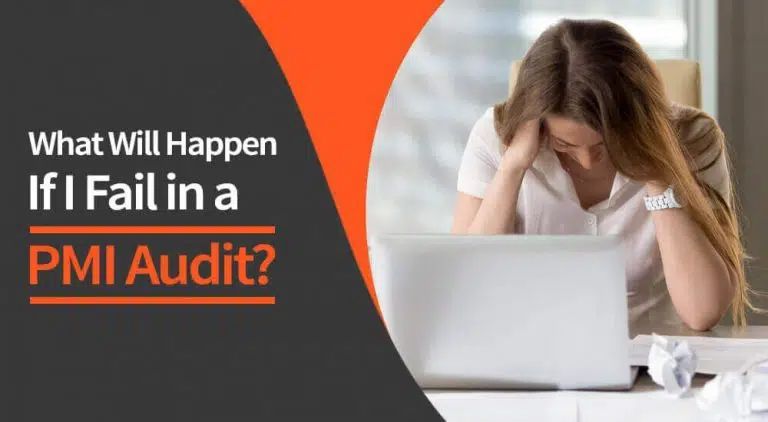
What’s the proof you need to produce that you completed 35hrs of training?